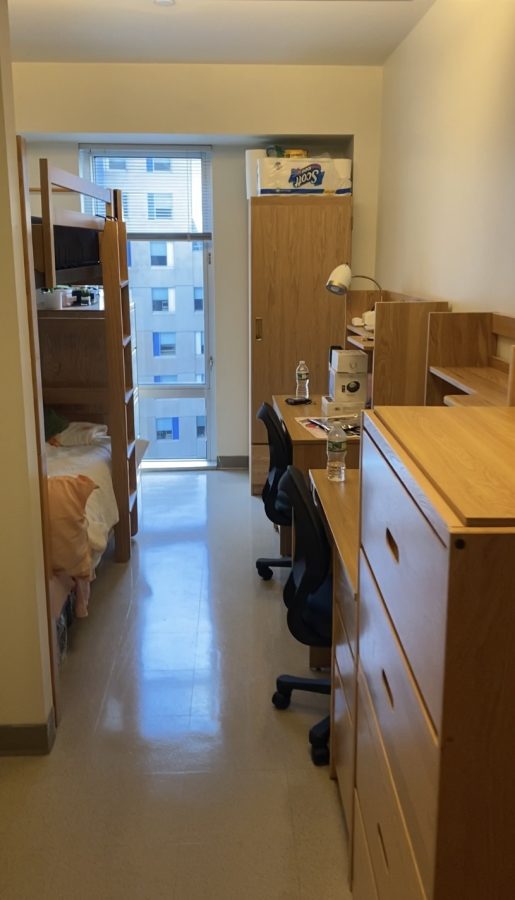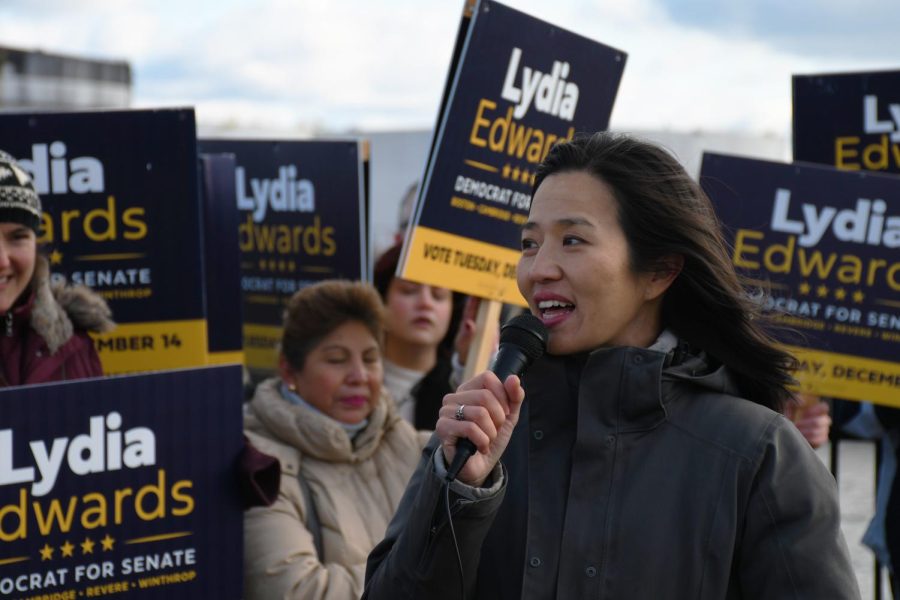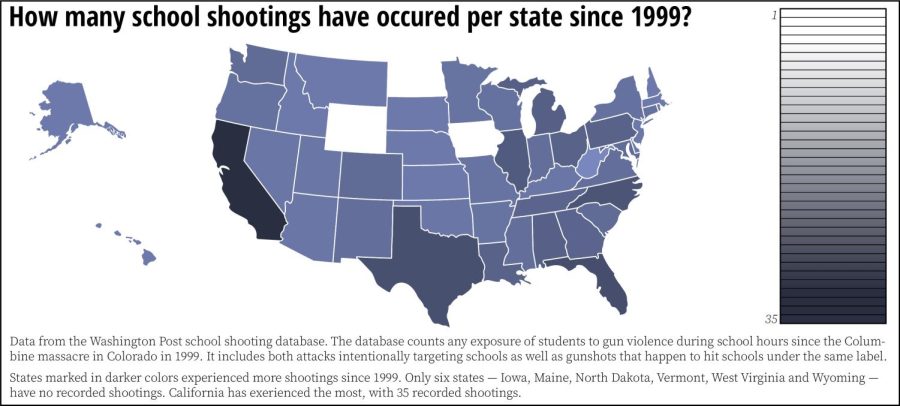By Alex Frandsen, editorial columnist
There are more former almond farmers in Congress than there are physicists. They outnumber chemists and microbiologists, too. The engineer population is only bigger by six.
Now, this would all be fine if there was a burgeoning army of almond enthusiasts at the Capitol. But there aren’t. In fact, there are only two. The fact that they can still singlehandedly outman the physics and chemistry communities — represented by Rep. Bill Foster (D-Ill.) and Rep. John Moolenaar (R-Mich.), respectively — reveals a disturbing trend in Washington, D.C. Scientists are seriously underrepresented among our elected officials.
To an extent, it makes sense. When you think government, you don’t think atoms and microscopes. You think law, public policy and economics. Thus, the numbers feel logical: 54 percent of senators have a law degree, 36 percent of congressmen hold one and scores have experience in the business world. Plus, most scientists would probably rather hang out in labs and carry out research than deal with the schoolyard conflicts of politics.
But to have so few scientists risks having a faulty government. For one, the scientific perspective is a healthy one that could certainly be used in Washington. Scientists value facts and data. They value the truth. No one is immune from bias, of course, but scientists are accustomed to making conclusions based on what they know to be true. Our current officials too often make conclusions based on what they want to be true. For our politicians, fact is malleable. For scientists, it is not.
And truth be told, we need science right now more than ever. The incoming Donald J. Trump administration has been dangerously fluid in its opinions on the existence of climate change, and the president-elect has even floated the heavily disproven theory that vaccines and autism are connected during his campaign.
His cabinet picks have been troubling as well, especially his choice of Scott Pruitt as head of the Environmental Protection Agency — a man perhaps most widely known as the guy who tried to sue that very agency in earlier years. He even appointed a vaccine skeptic to head a committee dedicated to vaccine safety. Four years (at least) of a Trump government could spell disaster for the environment, damaging it in irreparable ways.
Artificial intelligence also looms, as the automated technology could very well doom millions of jobs in manual labor and transportation. Sen. Ted Cruz (R-Tex.) brought the issue to the Senate’s attention already, but if we’re being honest, we could use a little more scientific intellectual heft in that department.
This is not some episode of the Twilight Zone. This is the future. Any simple task, from making coffee to driving a truck, will likely be replaced by a robot in the next 100 years. Experts like computer scientists and engineers are the ones best equipped to understand this changing world, because they’ve been studying its principles and truths their whole lives.
Much of Congress is marred by a lack of both racial and religious diversity already. Just as we are working to dismantle this homogeny, we must also work to dismantle the uniformity in occupational backgrounds. Our government must be as informed and smart as it can possibly be, and adding a heavy dose of science is an easy way to help.
This is not a partisan issue. After all, science knows nothing of Republicans and Democrats. It knows nothing of Trump’s hair and nothing of Hillary Clinton’s pantsuits. It is only concerned with what is true. We could use a lot more of that in our nation’s capital.















